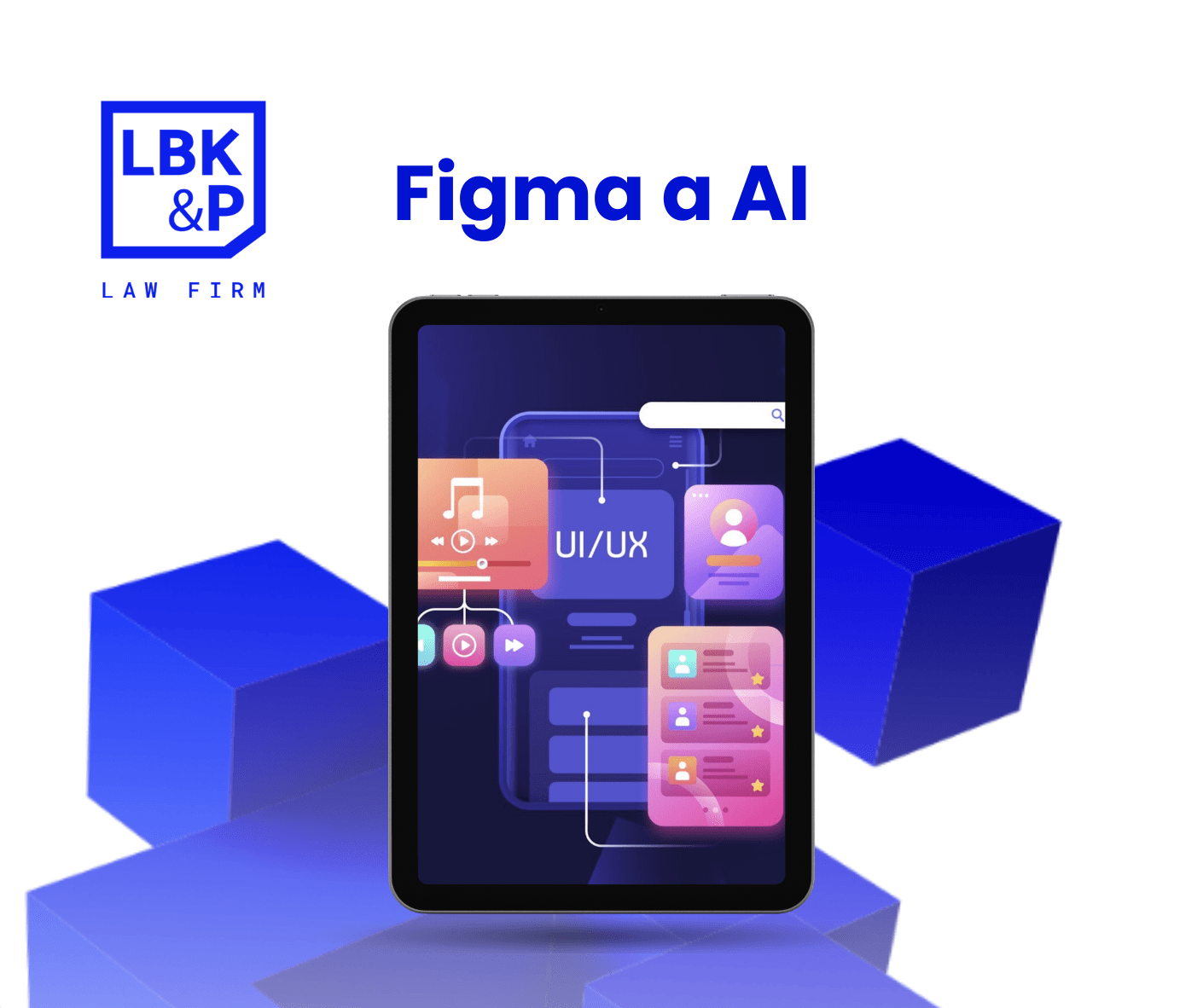Figma vs. artificial intelligence
9 July 2024 / AI

Are you up to date with the latest trends in the technology industry?❗️
Figma recently announced revolutionary features at the ‘Config’ conference that could turn the AI and UX/UI industries upside down in the future. Additionally, they have sparked an intense legal debate about the commercial use of AI-generated creations.
🚀 One of Figma’s latest features is its advanced AI generative tools, which aim to accelerate the design of mobile app and web interfaces by automatically creating design sketches from simple text instructions. UX/UI designers can now design more efficiently, exploring a variety of design concepts faster.
But what are the legal issues surrounding these changes? Here is key information for creative and IT professionals:
➡️ Does Figma train AI on user work? Figma’s AI generative tools have so far relied on third-party databases, rather than files and programme user data, ensuring that your work does not end up in the AI training database, provided you tick the option in the programme settings before 15 August that you do not consent to your work being used to train AI.
➡️ Does AI own the copyright to the generated interfaces? AI does not hold a copyright to its generated creations and its creations are not protected by law. The person using AI does not control the final result of the AI’s work because it is the random result of an algorithm and not the result of his or her own creativity, which means that he or she cannot be considered the author of the generated work, and the result itself is not a work in the legal sense. It is also not subject to legal protection.
➡️ Can you commercially exploit AI-generated interfaces that will later be sold to a customer? Yes, provided that you comply with AI’s licensing terms and that you do not infringe another person’s intellectual property rights.
➡️ Can you modify creations generated by AI? A modified AI creation cannot be considered a ‘dependent work’, as only a human being can be its creator. This issue is not yet completely regulated or resolved by the Polish court, which causes different interpretations. In general, alterations are not covered by copyright protection, just like other AI-generated works.
📚 Interesting topic? Read our articles on AI: https://lnkd.in/duAdCdtA
Contact us if you need support with implementing AI systems or policies in your business. 🤝
Need help with this topic?
Write to our expert
Articles in this category
AI gigafactory in Poland – a groundbreaking investment in artificial intelligence
AI gigafactory in Poland – a groundbreaking investment in artificial intelligenceCapCut and licensing and legal issues – what you need to know as a creator
CapCut and licensing and legal issues – what you need to know as a creatorSójka AI – digital guardian of ethics and security
Sójka AI – digital guardian of ethics and securityArtificial intelligence, copyright and the controversy surrounding Studio Ghibli
Artificial intelligence, copyright and the controversy surrounding Studio GhibliSTEP platform – a new era for AI in the European Union
STEP platform – a new era for AI in the European Union